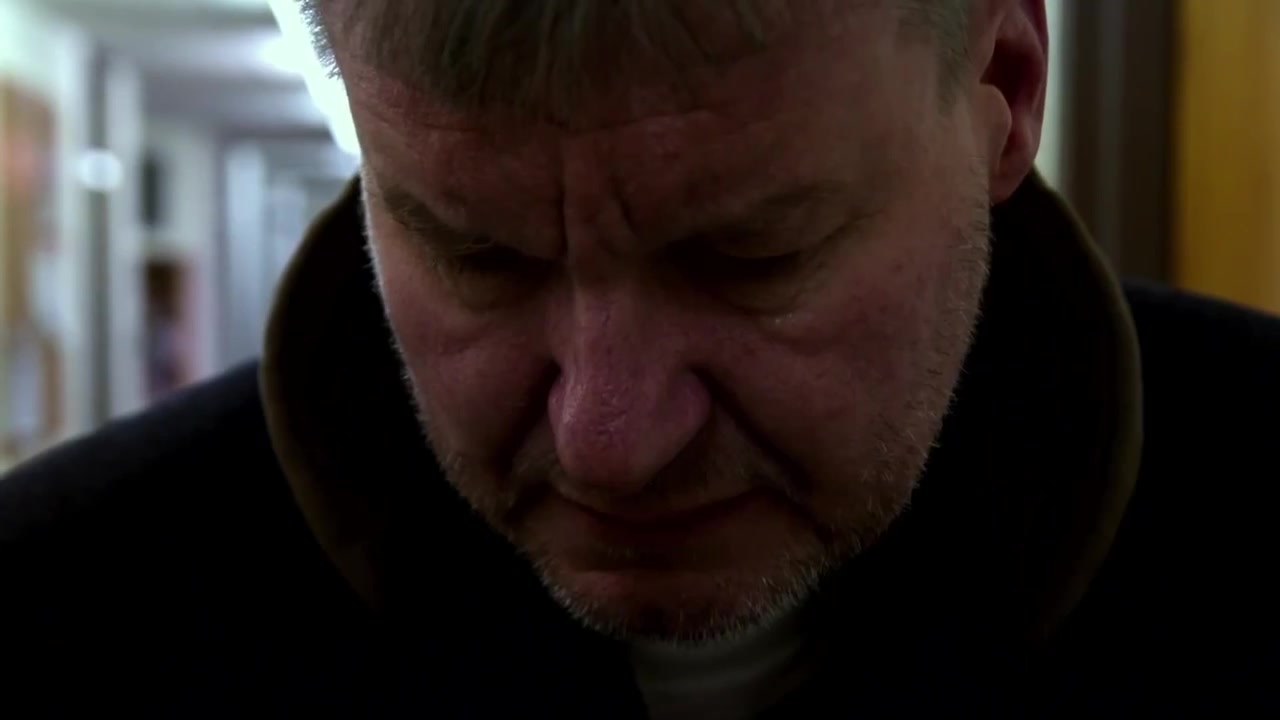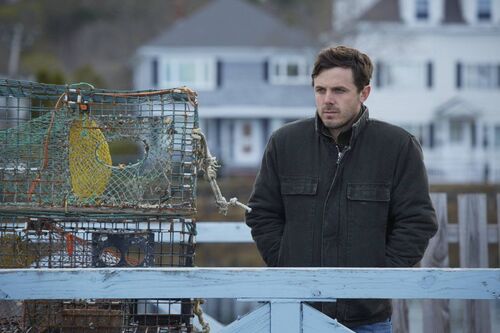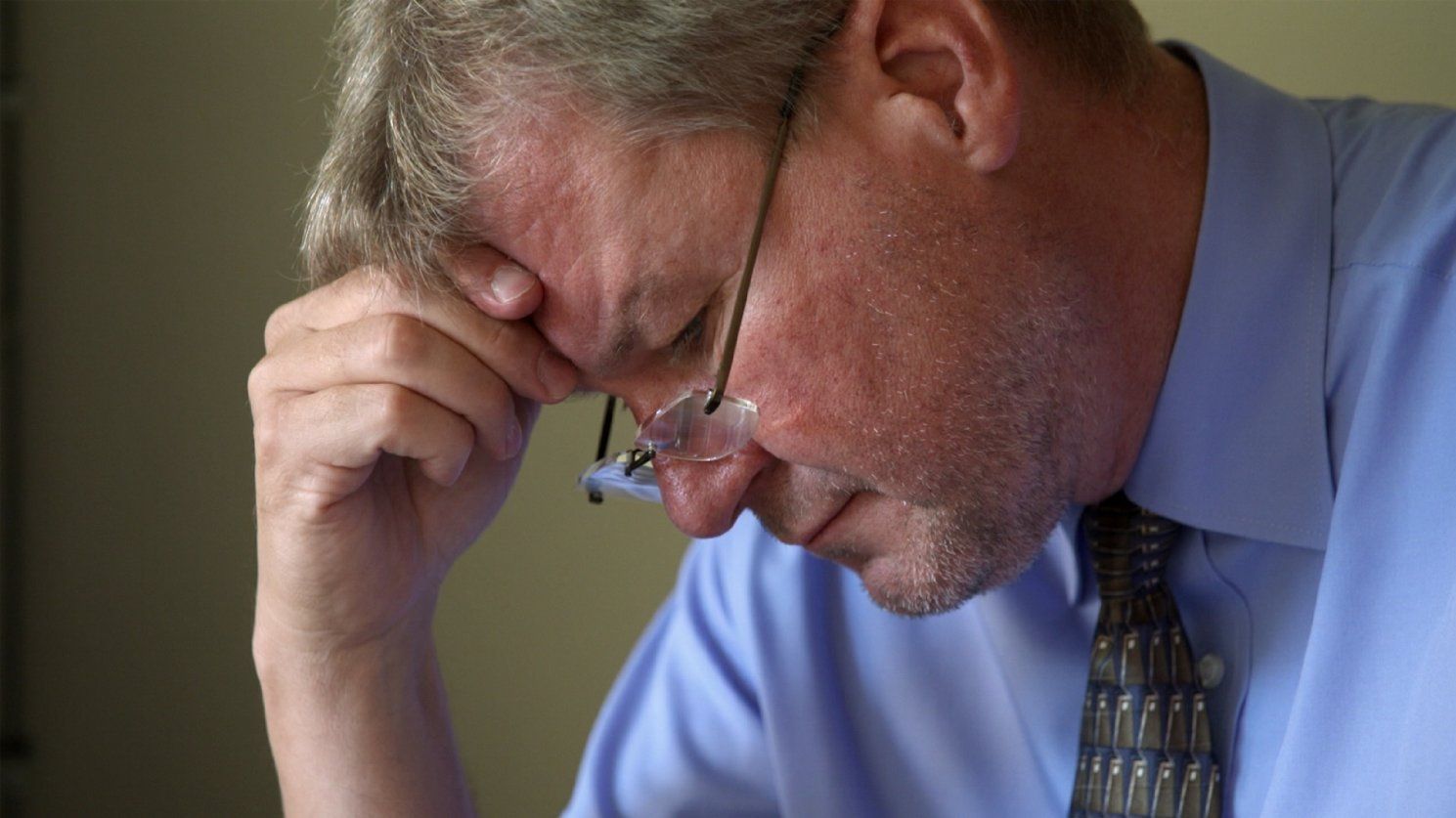
Director Jesse Moss talks The Overnighters and how it impacted the life of a Pastor
 The highly acclaimed documentary The Overnighters by Jesse Moss is released in UK cinemas today. This unforgettable documentary took home the Intuitive Filmmaking Award following its premiere at this years Sundance Film Festival.
The highly acclaimed documentary The Overnighters by Jesse Moss is released in UK cinemas today. This unforgettable documentary took home the Intuitive Filmmaking Award following its premiere at this years Sundance Film Festival.
risking everything
When opportunity arose, desperate men chased their dreams to the oil fields of Williston, North Dakota. Pastor Jay Reinke opened his church to these men seeking shelter, but risked everything when he opened his family home to a convicted sex offender. Director Jesse Moss recently spoke to us about his film and how the events impacted Reinke's life and the community of Williston.
What originally caught your imagination to go explore this story?
JESSE MOSS: I had heard stories about this frontier boom town and that intrigued me. I'm familiar with the historical boom towns, but I was interested in what the modern day version was really like. I knew thousands of Americans headed to North Dakota to find work after the recession, with this age old American narrative playing out again in a dust bowl like migration of people looking for opportunity. So, I was reading this newspaper article in the Williston Herald that mentioned Pastor Jay Reinke was calling on the towns people to welcome these migrants. I knew that was a unusual sentiment. So, I called Jay up and that was my invitation.
You focus on how the local community are against this Overnighters program but given this has become a boomtown of employment opportunity, why do you feel the residents haven't welcomed this change?
JM: First of all the way of life in Williston has utterly transformed, and its population growth has been extensive. This is an agricultural town, the classic American small-town with this escalation in oil, which has totally disrupted and ripped the town apart from the inside. It's brought a lot of wealth and jobs but it's also brought an increase in crime rate and an infrastructure that can't keep up. That creates a sense of destabilised fear and on top of that, you have this murder of a local woman by two out of towners. That casts a real shadow of fear across the locals with the newspapers poking at this fear too, by writing derogatory stories. A lot of us can identity with the locals. Would you want a parking lot of rough necks and ex-cons living across from your house? Personally, I'm not sure I would.
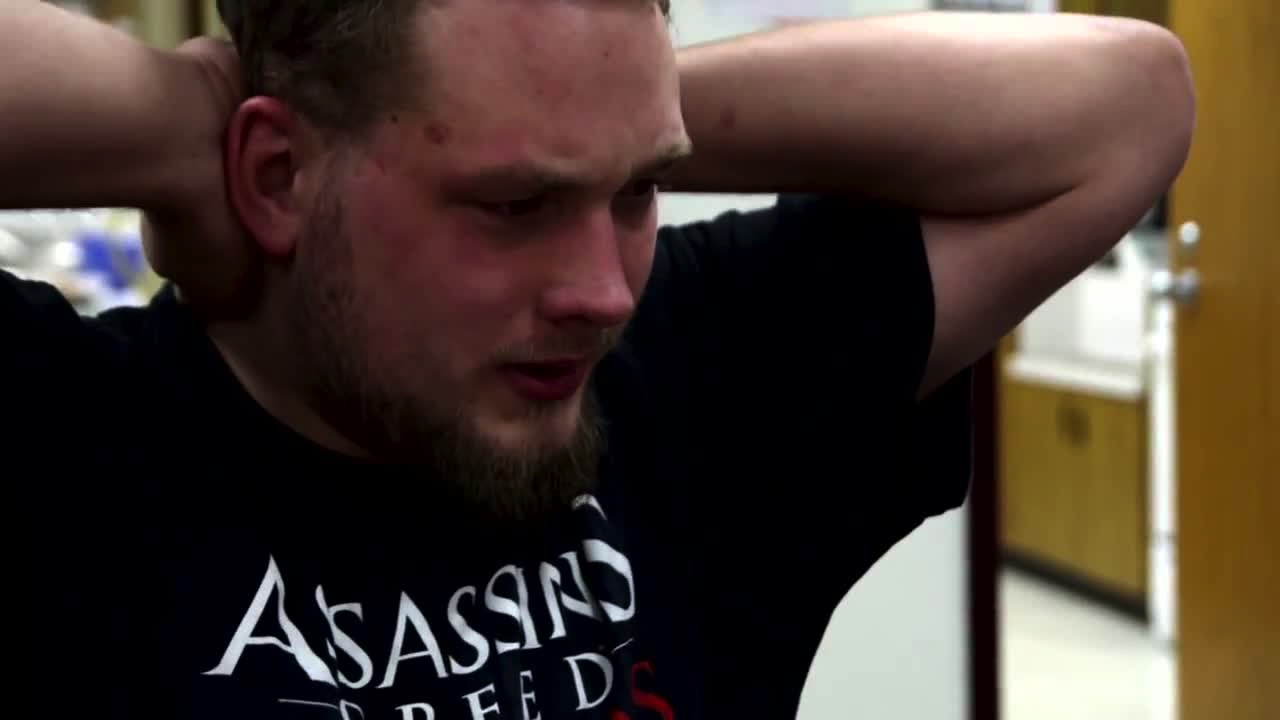
"IT WAS an expression of his FAITH AND christian ethic"
Half way through the film, Jay welcomes a convicted sex offender into his family home. This is an unexpected twist in the tale. I like that you allow the audience to come to their own conclusions regarding this matter, but what are you opinions on Jays decision to allow this man into his home?
JM: It was an extension of the kind of decisions Jay was making already. It was simply a Christian decision; do I truly love thy neighbour? Do I practice what I preach? That decision for him was an expression of his faith and Christian ethic. I saw beyond that, as a non-Christian. I saw it as a moral choice. How we help people, what we give up and what we gain when we do that. When Keith arrives at the church with this status as a convicted sex offender, it was almost like the most difficult task had been devised for Jay, a test of principle. Keith was actually working at the time, and he was also one of the regulars who attended service at the church. The choice Jay makes is— I'm going to bring him in to my home. Thats a test for himself, his family and a test of his principles. It's questionable, certainly. Most of us would never do that, and you may see that as a reckless act. But it was a reflection of his commitment to The Overnighters program.
Throughout the film there are many intimate and stressful moments, particularly involving Jay's wife. One scene that stands out for me is when Jay and his wife are sat in a cafe talking. Its an incredibly laid bare scene. As a viewer, you feel like you shouldn't be listening in. How was that to film?
JM: It was really hard and emotional. These where two people I got to know very well and Jay is someone I care for very deeply. His family was remarkably very open and welcoming to me, so it was hard to be present for that, and watch his life sort of fall apart. At the same time, I was a filmmaker having to decide; was it appropriate to be here? Was it relevant to the story I was telling? They weren't questions I could answer at that moment. A lot of those decisions you make when filming aren't intuitive or reactive. In a way, they're not analytical decisions but rather emotional. I've learnt as a filmmaker to only put the camera down when someone asks, otherwise, film. We spent many months talking about the film with Jay and his family about how to respectively tell this story and whether these type of scenes had a place in the film. The way I approached it was to arrive at a place that I thought was a responsible, compassionate and truthful way to express these events. Then, to go to Jay with the film and show it to him privately. It's not an extraction anymore, it's a reality. After watching, Jay went back to his family and he came to the understanding that the film showed his pain and his family's pain with dignity.
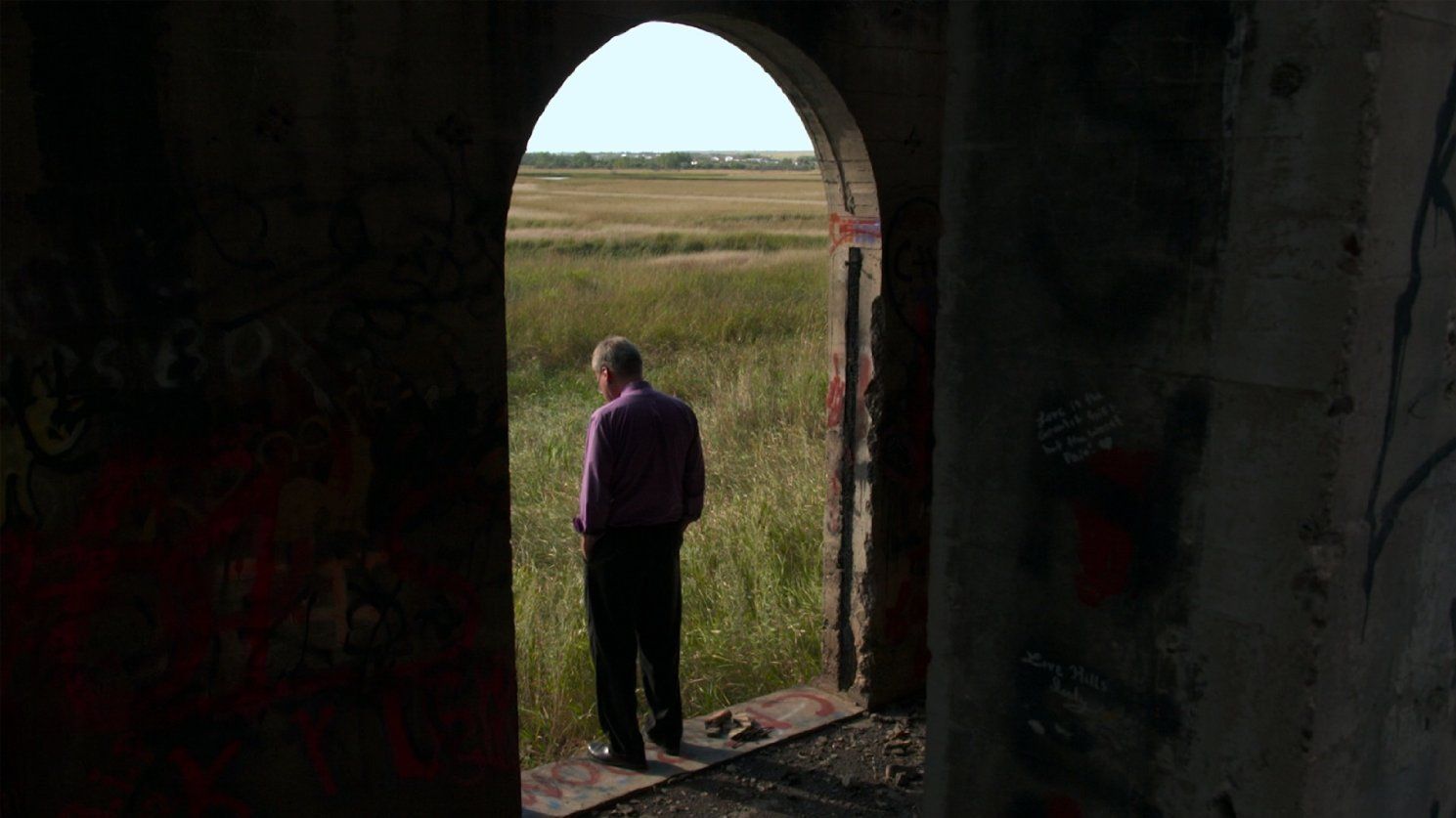
"if the film didn't exist, he would think it was all a dream"
How is Jay now?
JM: He's doing okay. It's a day to day struggle. He's working the oil fields, which is hard for him. It's not a place where his gifts are, but he's doing it. He's stayed in Williston, his children are still in school in the town, and he's very dedicated to being present in their lives. He's happy the film was made. It sort of gives him a kind of history, something look back at regarding The Overnighters program. He told me once, if the film didn't exist he would think it was a dream.
It comes across as a project that would have to be a labour of love to make and I hear you had trouble finding funding initially. In the end, how did you go about getting funding?
JM: It was. See, it's not like I've never made a movie before. I've made two feature length documentaries, both of which got distributed and I've made some television documentaries. So, I feel like I had a track record and some sort of critical notoriety. But it didn't matter. I couldn't get any major institutional funding. I got one small grant six months into production and then nothing. I received a string of rejections for about a year, then I got a critical grant— relatively small— but important from Sundance. The way I look at it is, when you're an independent filmmaker you have a choice; do I pay my taxes? Do I pay my health insurance? Or do I make my film? And if you pay your taxes and health insurance, the you're probably not an independent filmmaker. That's as stark as I can put it.
You shot the entire film all by yourself, how was this experience? Is this something you've had experience of doing on previous projects?
JM: This experience was hard yet necessary. I didn't have the resources available to consider other options. But at the same time, I enjoy the freedom and the closeness of working alone. It wasn't an easy place to be. I made many trips and slept in the church with the men. That decision to work alone and sleep in the church with the foundation of trust that the film rests on, was a very moving yet exhausting thing. But I like to shoot alone and not have to think about things other than my relationship with the subjects. When you have a crew it changes those calculations and you become an entity, not a person.
What projects do you have in the lined up in the future?
JM: I'm still invested in this film here (US) and in the UK with Dogwoof. This is not an easy movie to market, but connecting audiences to this film is something I'm enjoying. But for the future, I'm possibly going to do another documentary project that isn't as intense as The Overnighters, but I also have an eye on fiction. My heart is in documentary, but I have an open mind to see what happens.
The Overnighters is released in UK cinemas on 31st October 2014.
